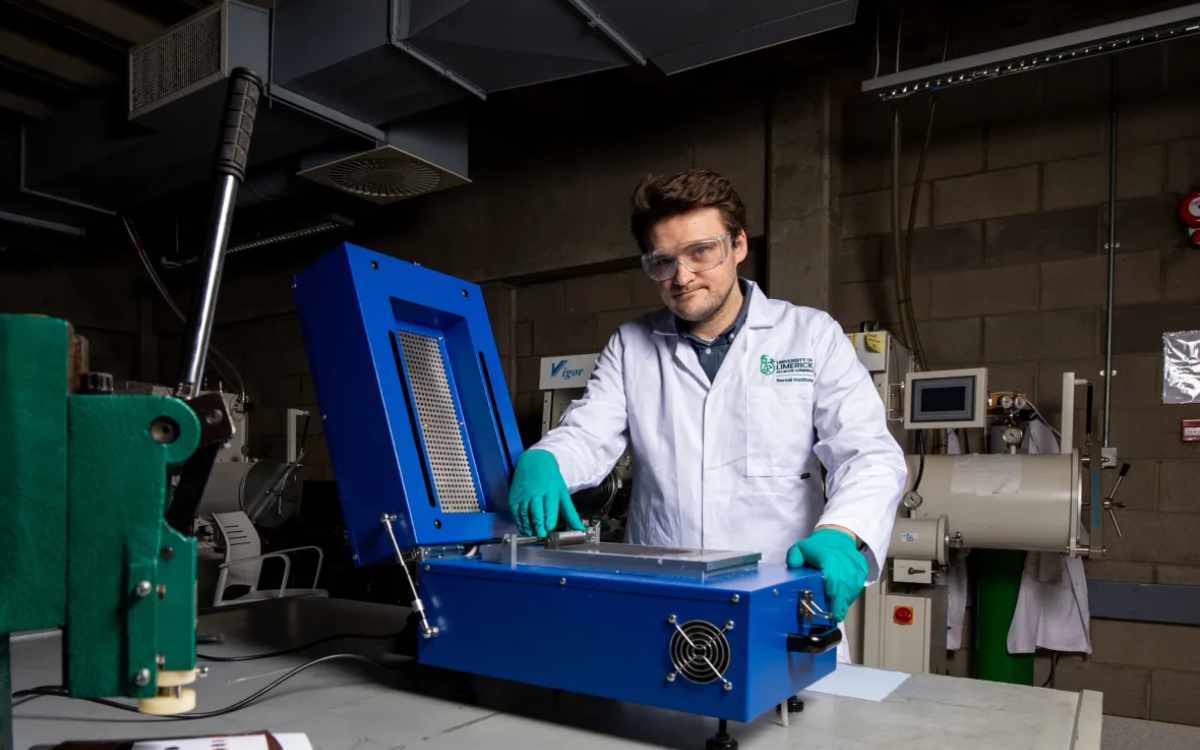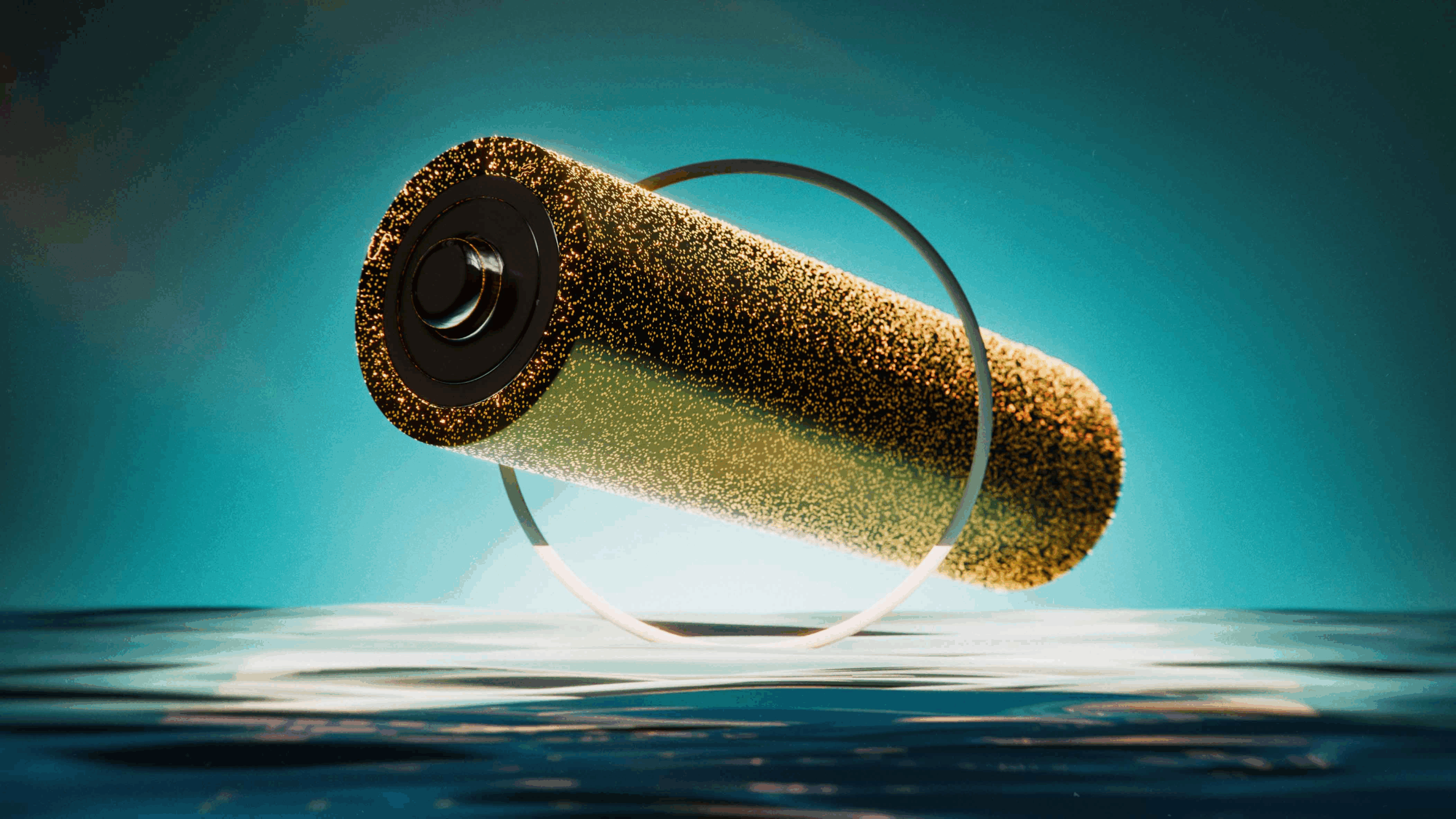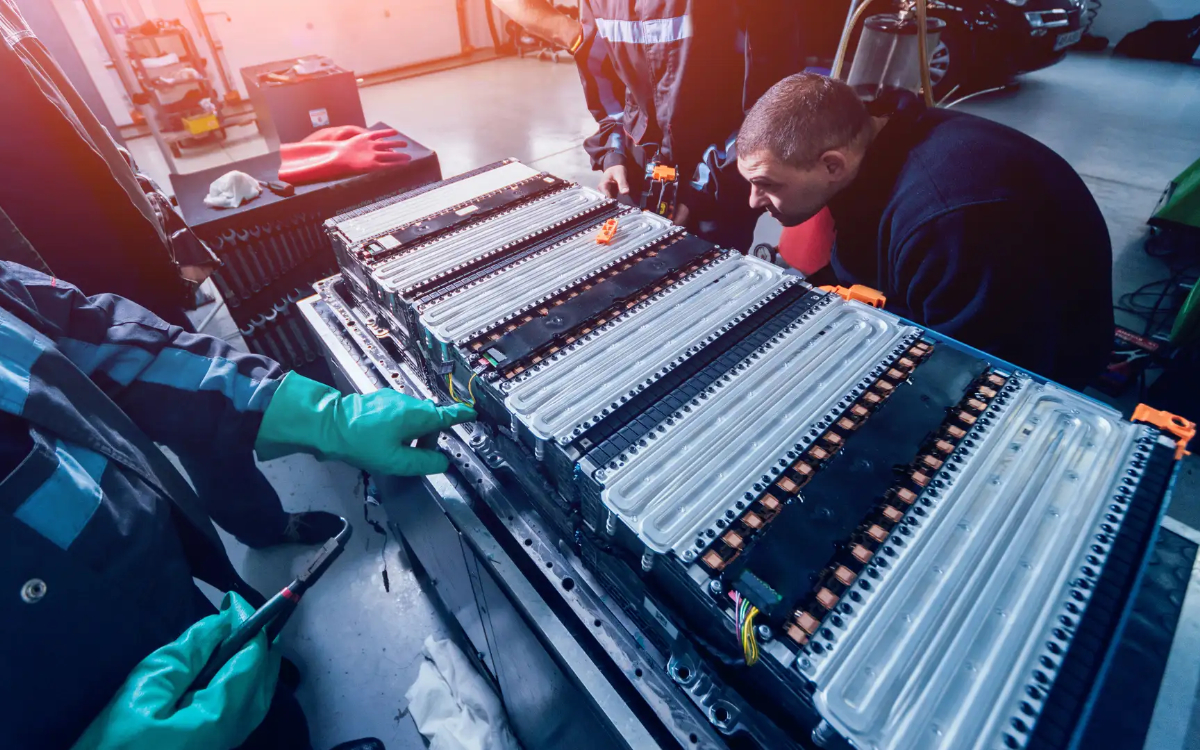Dr David McNulty, Associate Professor of Energy Materials and Devices at the University of Limerick’s Department of Physics and Bernal Institute, has been awarded €475,245 in research funding to support HighMag, a Horizon Europe project focused on next-generation magnesium battery technology.
The funding supports HighMag – a four-year, €4.9 million project titled High-energy, low-cost and scalable Generation 5 magnesium-based batteries for mobility applications and beyond. The initiative aims to develop magnesium-based batteries as a sustainable, high-performance alternative to lithium-ion technologies for mobility and other energy-intensive applications.
Dr McNulty leads UL’s contribution to the project, focusing on the development of carbon-sulfur cathodes for magnesium-sulfur (Mg-S) batteries. His team will engineer porous carbon materials derived from plastic waste and biomass to suppress polysulfide shuttling and enhance electrochemical performance through tailored porosity and electrocatalyst integration.
“This funding will allow us to explore innovative materials made from waste plastics and biomass to create carbon-sulfur cathodes for rechargeable magnesium batteries,” Dr McNulty explained. “Our work will focus on scalable, cost-effective solutions that align with Europe’s green energy goals and help reduce dependency on critical raw materials.”
HighMag brings together 13 academic and industry partners from across Europe and Israel. The project aims to accelerate the development of safe, low-cost and environmentally friendly magnesium batteries that are compatible with existing lithium-ion manufacturing infrastructure – supporting Europe’s strategic autonomy and sustainability in the battery sector.
Image: Dr David McNulty, Associate Professor of Energy Materials and Devices at the Department of Physics and Bernal Institute










